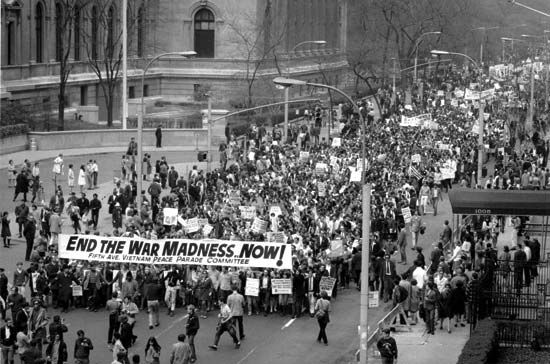Jim Wallis goes out on a limb by dumping on white evangelicals:
The issue here is not Christians voting differently from each other. That is normal and likely healthy given the independence that people of faith should show over partisan loyalties. This is about the moral hypocrisy of white American evangelical religious right leaders like Jerry Falwell Jr. causing a crisis in the church, dividing American Christians on racial lines, and astonishing the worldwide body of Christ — the international majority of evangelical Christians who are people of color — and whose leaders keep asking many of us what in the world is going on with white American evangelicals.
That number, 81 percent, has become an international symbol that tragically now represents what white American evangelicalism stands for. It dramatically and painfully symbolizes the white ethno-nationalism that Donald Trump appeals to and continues to draw support from among white American evangelicals. It is the most revealing and hurtful metric of what I will call the racial idolatry of white American evangelical Christianity, which clearly excludes American evangelicals of color and the global majority of evangelicals. The 81 percent number ultimately signifies a betrayal of the body of Christ — which is the most racially inclusive and diverse community in the world today.
But what are white evangelicals to do when the other side, the one that thought it was on the right side of history, looks at born-again Protestants the way that Jim Wallis does? Damon Linker explains how evangelicals, to be accepted, are supposed to agree with progressives, or else receive not policy papers but denigrating insults:
As I’ve argued on previous occasions, declaring opponents unacceptable, illegitimate, and out of bounds is a perennial temptation. That’s because politics always takes place on two distinct levels. On one level is the back and forth of partisan conflict, involving persuasion, argument, electoral battles, triumphs, and defeats. On this level, pretty much anything goes as long as it abides by the rules of the political game. But there’s also a second, more fundamental level of politics that involves a competition over who gets to set those rules, the boundaries of what is publicly acceptable — and precisely where those boundaries will be positioned.
Far more than conservatives, liberals love to rule certain positions out of bounds in this second-order sense. They do this by appealing to the courts — the branch of government that reviews, alters, and overturns the rules of the political game. They also do it in the important institutions they control within civil society — such as mainstream media outlets, universities, corporations, movie studios, and other arms of the entertainment industry. When these institutions informally decide that an issue, or a specific position on an issue, is simply unacceptable because it crosses a moral line that leading members of these institutions consider inviolable, they render it beyond the pale. As I wrote in a previous column on the subject, “Over the past several decades, a range of positions on immigration, crime, gender, and the costs and benefits of some forms of diversity have been relegated to the categories of ‘racism,’ ‘sexism,’ ‘homophobia,’ ‘white supremacy,’ or ‘white nationalism,’ and therefore excluded from first-order political debate.”
So to keep this straight, evangelicals are hypocrites for caving on moral convictions. But liberals (and the evangelicals like Wallis who loves them) are hypocrites for caving on reasonableness. At least evangelicals are still relatively green in politics. What’s the left’s excuse?


